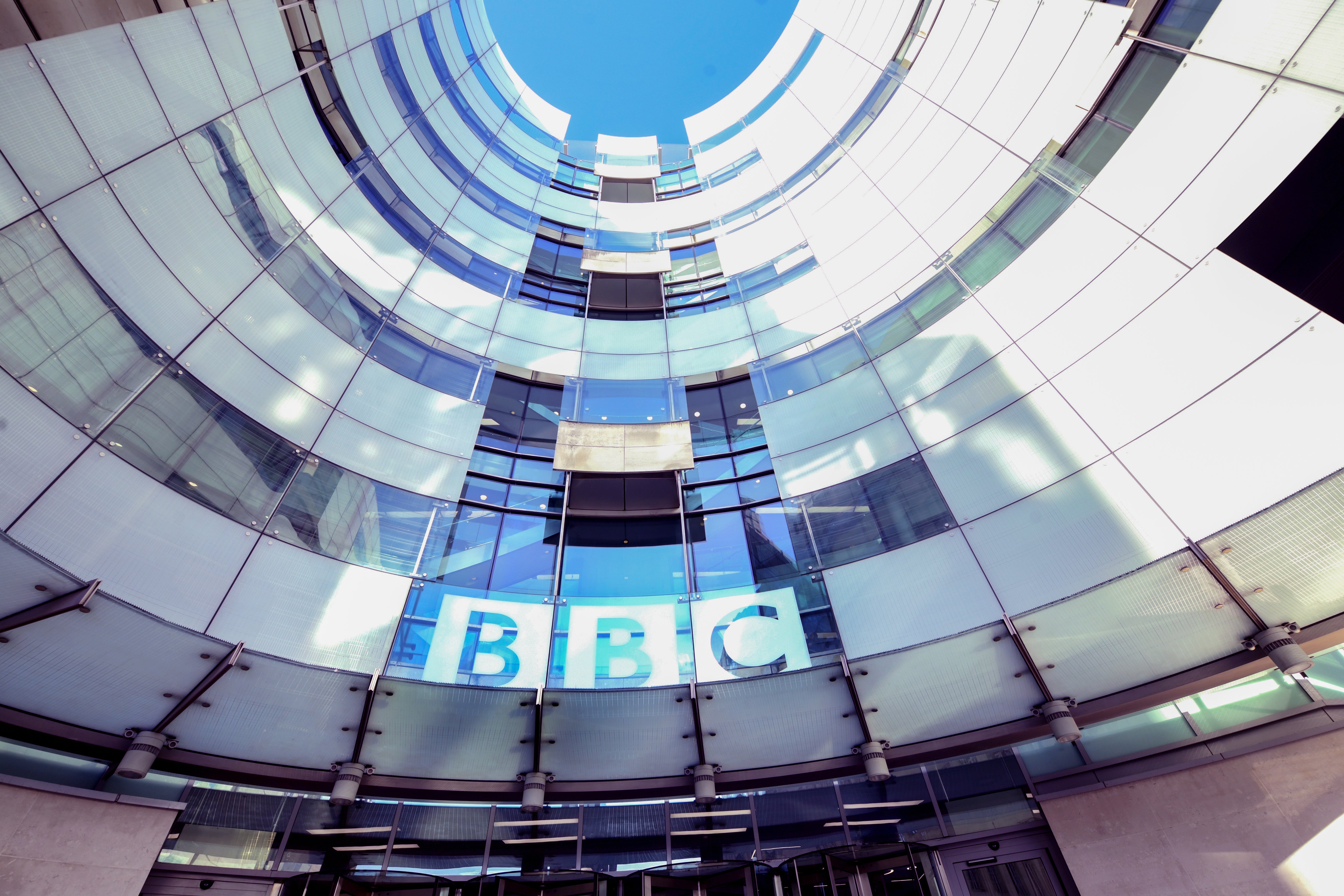BBC agrees settlement with Panorama producer following Dyson Report
The whistle-blower lost his livelihood after flagging Martin Bashir’s deceitful tactics to the BBC.

Your support helps us to tell the story
From reproductive rights to climate change to Big Tech, The Independent is on the ground when the story is developing. Whether it's investigating the financials of Elon Musk's pro-Trump PAC or producing our latest documentary, 'The A Word', which shines a light on the American women fighting for reproductive rights, we know how important it is to parse out the facts from the messaging.
At such a critical moment in US history, we need reporters on the ground. Your donation allows us to keep sending journalists to speak to both sides of the story.
The Independent is trusted by Americans across the entire political spectrum. And unlike many other quality news outlets, we choose not to lock Americans out of our reporting and analysis with paywalls. We believe quality journalism should be available to everyone, paid for by those who can afford it.
Your support makes all the difference.The BBC has agreed to pay Mark Killick a “significant sum in damages and costs” and apologised unreservedly for “defamatory statements” made about him following Martin Bashir’s interview with Diana, Princess of Wales.
Mr Killick worked on the investigative journalism series at the time the 1995 interview was illicitly obtained and first alerted the BBC to the existence of the forged bank statements used to entice Diana.
After blowing the whistle, Mr Killick previously told the PA news agency he was sacked from the programme due to “disloyalty” and then smeared by the broadcaster.
In a statement, the BBC said on Tuesday: “Following publication of the Dyson Report last year, the BBC and former BBC Panorama senior reporter and producer Mark Killick today announce that a settlement has been reached between them.
“The BBC apologises unreservedly for defamatory statements made of Mr Killick in 1996 in internal BBC documents during the Corporation’s investigations into events surrounding the interview with Diana, Princess of Wales.
“Mr Killick acted entirely properly in referring his concerns about Martin Bashir’s interview with Diana, Princess of Wales to senior management.
“The BBC has agreed to pay Mr Killick a significant sum in damages and costs, and we wish him all the best for the future.”
Mr Killick said the comprehensive apology was a “positive step forward” but he fears the damage to the BBC’s reputation “may never recover”.
He said: “The BBC’s attempt to try and destroy my reputation rather than investigate my concerns shows just how desperate the BBC was to hide what had happened.
“It was an extraordinary attempt to cover up wrongdoing and the climate of fear it created may well have stopped other BBC whistle-blowers from speaking out for a generation.
“I still find it staggering that the BBC was so determined to conceal the truth that it launched a smear campaign against me to protect its tainted scoop.
“I am grateful to Tim Davie and his team for finally setting the record straight. But the damage to the BBC’s reputation is immense and you can understand if BBC employees no longer have the courage to speak truth to power.”
Lord Dyson, a former master of the rolls and head of civil justice, was appointed to look into the circumstances surrounding the explosive 1995 interview, which famously featured Diana saying: “Well, there were three of us in this marriage, so it was a bit crowded.”
The investigation was launched after Earl Spencer alleged that Bashir showed him fake financial documents.
The inquiry found that the BBC covered up “deceitful behaviour” used by Bashir to secure his headline-making world exclusive interview with Diana, and “fell short of high standards of integrity and transparency”.
The 1995 interview was watched by 23 million people in the UK and won Bashir a Bafta in 1996.
After Lord Dyson’s report was published, Bashir apologised, adding that it was “a stupid thing do to do” but he will “always remain immensely proud of that interview”.
Mr Killick is now creative director at Media Zoo as well as running his own independent Television Production and Public Relations company.